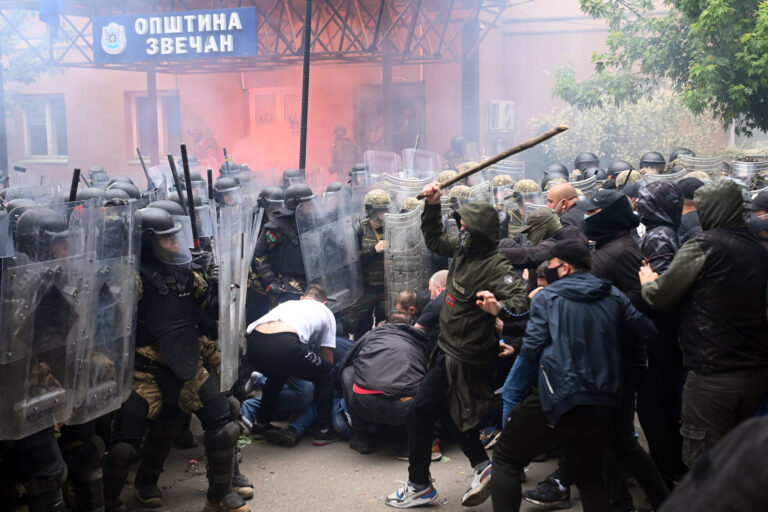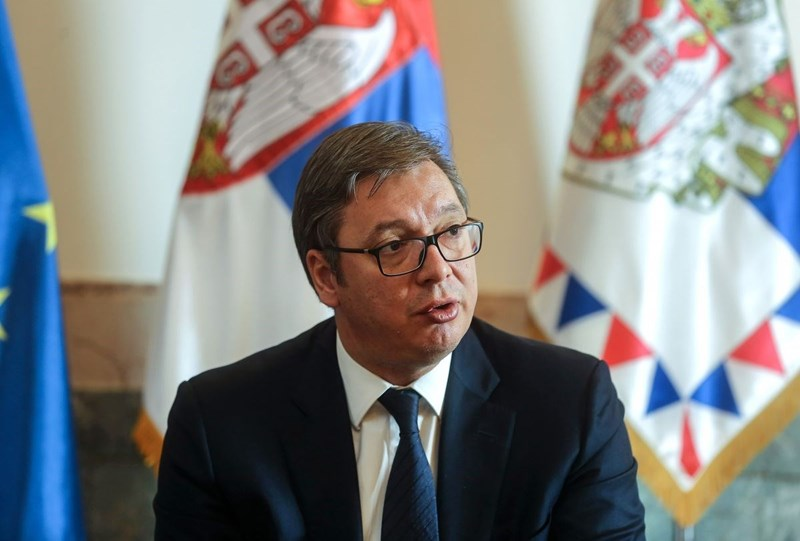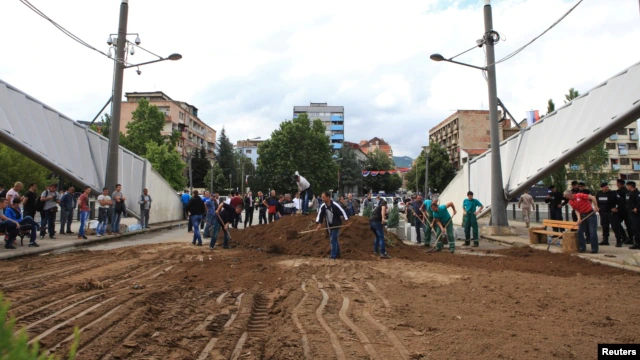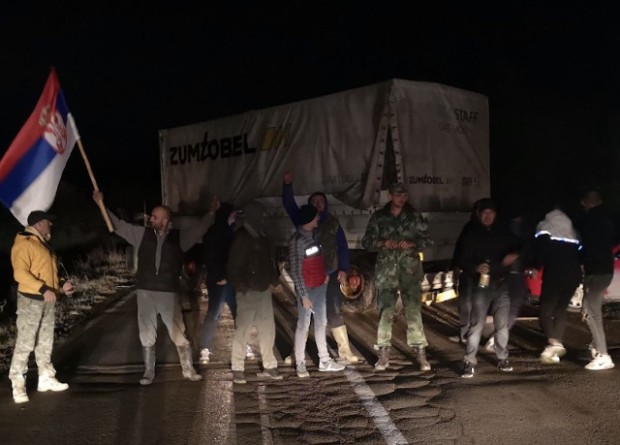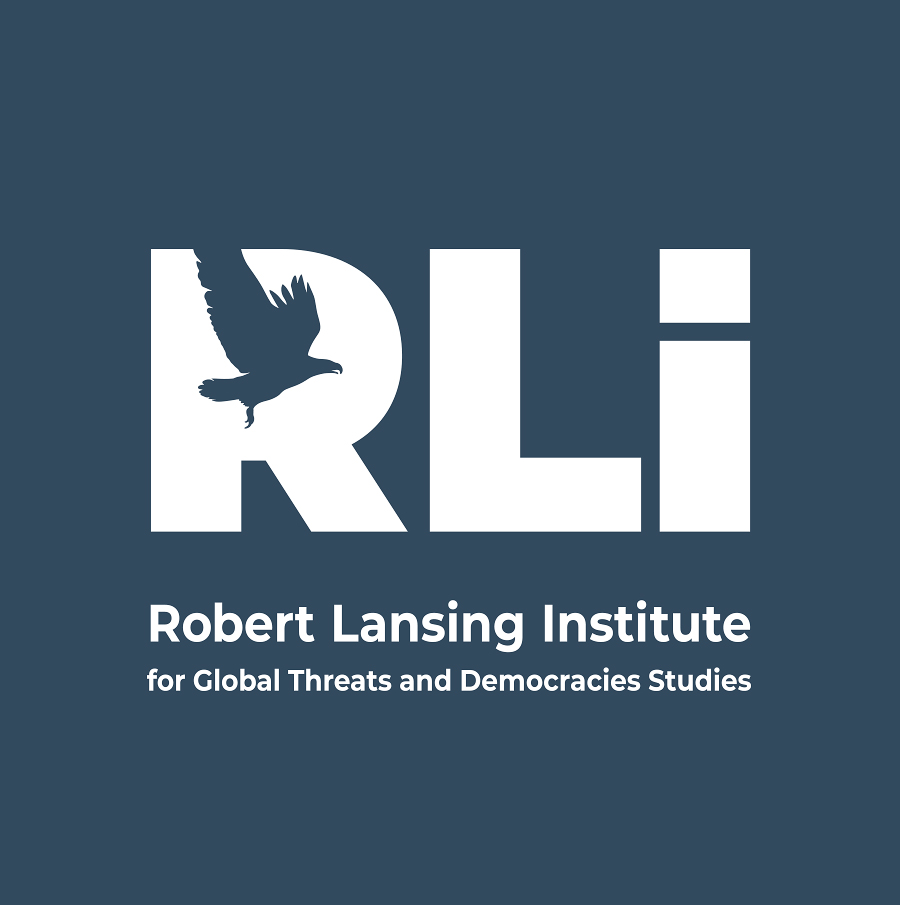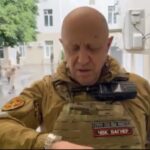Even after three weeks, there is still high level of tension in Kosova’s north. The incident days before, when the Serbian police crossed the border into Kosova to abduct three border policemen who, according to information from Prishtina, were inside Kosova performing their duties, in the village of Bare in the village border in the north of Kosova, has further exacerbated the crisis.
The official Belgrade has provided a different story, claiming that the officers who were captured crossed the border with Kosova and entered Serbia, labeling them as terrorists. The High Prosecutor’s Office in Kralevo issued an order to conduct investigations against three Kosova police officers the day following the ‘arrest’ and sentenced them to 30 days in jail. The main component of Vucic’s scenarios is the staging that Kosova police officers have been detained on Serbian soil; he will use this as a negotiating tool to free the Serbs detained for attacking KFOR in Kosova, but it also gives him the authority to ‘forgive’ them if he wants to gain favor with the international community by portraying the ‘forgiveness’ as a commendable act.
It is obvious that Belgrade is the source of the violence in the north, as it is also obvious that the Serbian government has been sending operatives there to agitate the situation. One day after the Kosova police detained Milun Millenkovic, the leader of the criminal organization ‘Civilna zastita,’ or ‘Civil Defence’ who was operating in Mitrovica’s north, the arrest of three police officers in Kosova occurred as an act of retaliation. Milenkovic organized and took part in the assaults on KFOR personnel and media during the recent events in Mitrovica. Following a request from KFOR to detain and prosecute KFOR attackers on May 29, Milenkovic was arrested. Local Serbs have been protesting for three weeks against the entry of new Albanian mayors into the municipal buildings. As a result of the violent protests, 25 members of KFOR remain injured.
In the diplomatic field, Kosova has been in advantage regarding the dialogue with Serbia, because it has accepted an agreement in Ohrid, in March this year, which Vucic had refused to sign. But due to the situation created in the north of the country, now Kosova has already stagnated from an offensive position in the dialogue, in a defensive position. On the other hand, the change of Serbian policy at the international level, or better said the facade of Serbian policies against the international ones is happening at the time of the highest international pressure on Kosova for the north tense atmosphere. Serbia from a state that supports Russia in the invasion of Ukraine, it appears as a state that supports Ukraine, in this case and this is important for the European Union, as a result we have no ‘punishment’ for the interference of the Serbian state within the territory of Kosova.
Furthermore, the international community has recently shown its condemnation and warning language towards Kosova, but they have been relatively reluctant to do the same to the Serbian state, especially in the incident of the kidnapping three police officers on Kosova’s territory. If it is proved that the three police officers were ‘arrested’ by Serbian special forces within Kosova territory, this would be a flagrant violation of the Military Technical Agreement and Resolution 1244, and this should be investigated by NATO.
Obviously, Kosova will play its role as a state, for de-escalation by coordinating the actions with the US and EU allies, but this must happen according to legal procedures. Three urgent requests of the High Representative of the EU, Josep Borrell, addressed to the government of Kosova recently, in order to escalate the situation: the withdrawal of police special units from municipality buildings, the immediate announcement of early elections in the four municipalities inhabited by a majority of Serbs and the placement of the current mayors, in alternative buildings, not in municipal ones. Albin Kurti, Kosova’s prime minister, has in principle approved of early elections. Regarding the removal of special units from the north of Kosova, it is important to remember that just a few days ago, serbian extremists who opposed new municipal mayors used violence against more than 25 KFOR personnel as well as tens of journalists. The Serbian List, which represents the Kosova serbs, boycotted the 23 March elections. The alternative to hold early elections can temporary de-escalate the situation in the North of Kosova to pave the continuation of the dialogue, but it is only a temporary bridge that leads to diplomatic ways to solve the crisis. If both parties show unwillingness to move forward in dialogue, early elections do not serve as a solution. Practically, both parties should use those elections as a bridge for the continuation of the dialogue. The West should be tougher with official Belgrade due to the fact that Vucic has never shown willingness to implement any of the agreements reached so far with Kosova. This time also he is predisposed to burn the alternative of early elections in order to I turn the situation from dialogue to a political and security crisis, because the crisis in Kosova for Vucic translates as an extension of his power in Serbia.


